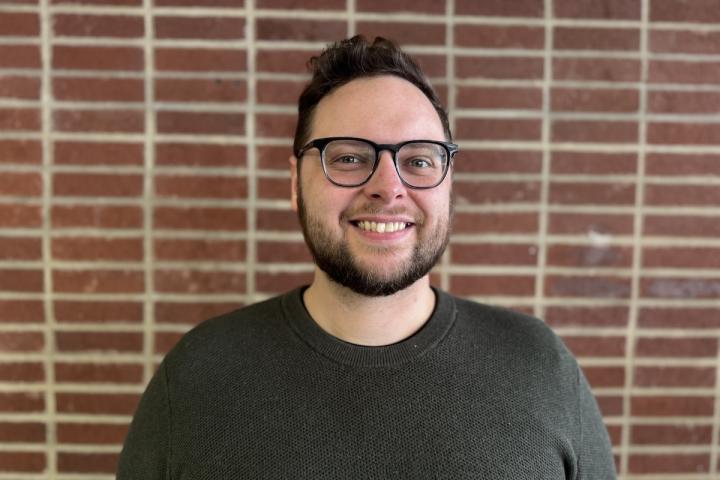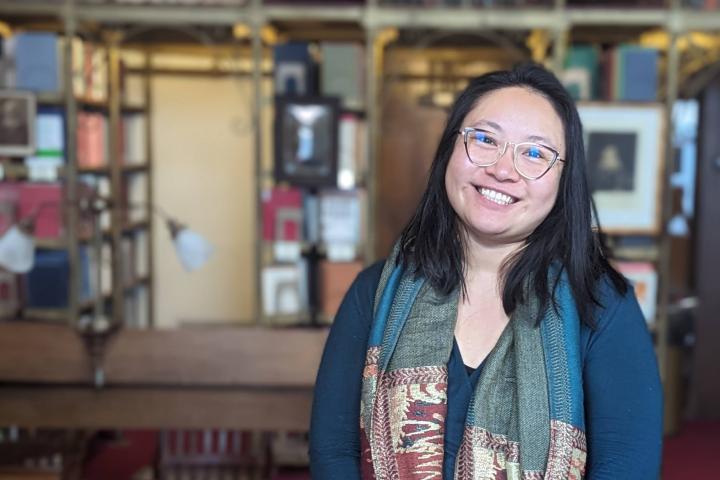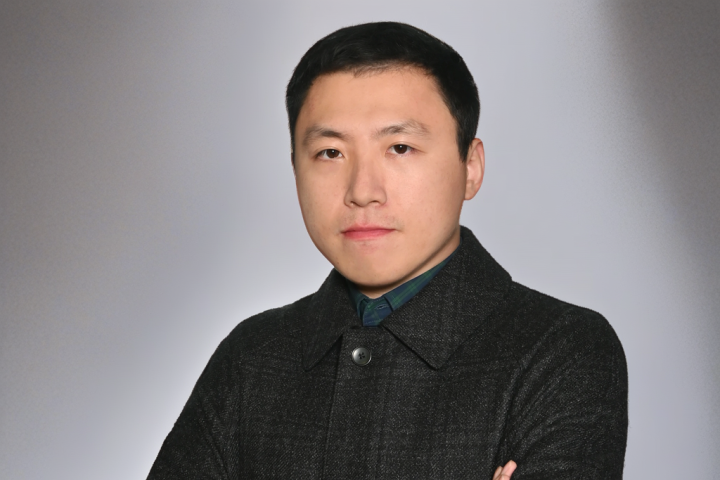
Negotiation and Gender Bias Among Townsend’s Research Interests
Charlotte “Charlie” Townsend, a post-doctoral associate in ILR’s Department of Organizational Behavior, joined the school in August as a Future of Work fellow.
In an interview, Townsend discussed her background and research.
Your research interests – gender, stereotypes, negotiations, work-family conflict, gender roles, diversity, hierarchy – how did they evolve?
Going into my Ph.D. program, I wanted to study women’s experiences in organizations and the barriers they face to their career advancement, such as gender stereotypes and work-family conflict, which is still true in my research.
Then, for the last three years of my Ph.D., I was a teaching assistant for an MBA negotiations course. Negotiations encompass various, often daily, interactions, and that’s when I became interested in studying negotiations and applying a gender lens.
From women negotiating to earn what they deserve, to negotiating their household division of labor, negotiations are essential. Now, I’m most interested in questions like what women’s unique strengths are, and how we can change the narrative around negotiations and change the perception that negotiations are a masculine domain. I am excited to explore this further during the postdoc.
What have been the most significant challenges and/or surprises as you research these topics?
The biggest challenge, which surprised me, is the pushback I get when presenting gender research. Research topics related to an identity, such as gender, are still perceived as especially motivated by the researcher’s identity, which other researchers have shown. Additionally, in “Who Believes Gender Research? How Readers’ Gender Shapes the Evaluation of Gender Research,” published in March 2024, my co-authors and I found that men perceive gender research less positively than women.
Unfortunately, even the research aimed at documenting existing gender inequality is subject to the same gender bias in its interpretation, demonstrating just how sticky these biases can be.
What are some takeaways from your paper published in August, “Not all powerful people are created equal: An examination of gender and pathways to social hierarchy through the lens of social cognition”?
We uncovered a gender stereotype about dual pathways to social hierarchy: men are often linked with power, and women with status. This stereotype affects public recognition and self-perception. Despite being respected, women are still constrained because status is reliant on others.
During your ILR Future of Work fellowship, who are you working with and what questions are you exploring?
I am thrilled to work with Assistant Professor Alice Lee, my faculty mentor for the postdoc. We have a shared interest in negotiations and are exploring how gender stereotypes affect negotiation behavior.
Another component of my postdoc is to work with Associate Professor Emily Zitek to support the ExPO Lab and join a group of researchers that produce exciting research on topics varying from DEI to social influence and creativity.
What does ILR offer that attracted you to the Future of Work initiative?
The ILR focus on the worker and improving the lives of workers really resonated with me. ILR offers a community of world-class scholars researching shared interests, including DEI and power and status. I was drawn in by the supportive and engaged group and the dedication to DEI topics demonstrated in initiatives such as ILR WIDE.


